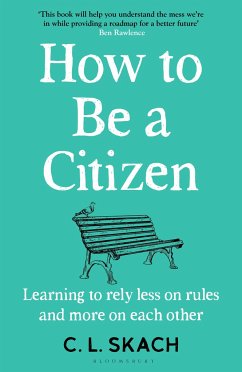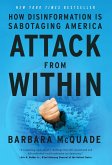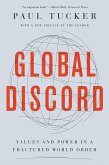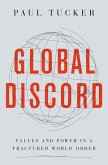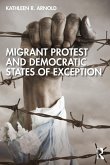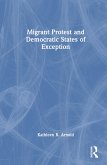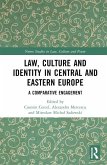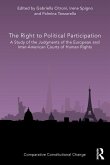Laws and rules are in place to protect us. They are what keeps our societies from descending into madness and chaos. Without them, how we would know our right from wrong, how would we improve our communities and how could we be better neighbours to one another without rules telling us what to do? Cindy Skach feels differently. After years spent in some of the most complex corners of the world, reading and writing constitutions, trying to create order where it did not exist, she has come to realise that laws - while intended to help - often only made things worse. To build a better society we need to rely less on the rules and more on each other. Drawing on Cindy's own research, teaching and fieldwork in democratic theory and practice over the past three decades, How to Be A Citizen is a hopeful handbook for a more egalitarian and democratic world. Cindy proposes six ideas across six areas we should care about most - leadership, public education, race and immigration, the environment, community and fundamental rights - and shows us how we can take steps in each of these areas to be better, truer citizens.
Hinweis: Dieser Artikel kann nur an eine deutsche Lieferadresse ausgeliefert werden.
Hinweis: Dieser Artikel kann nur an eine deutsche Lieferadresse ausgeliefert werden.

